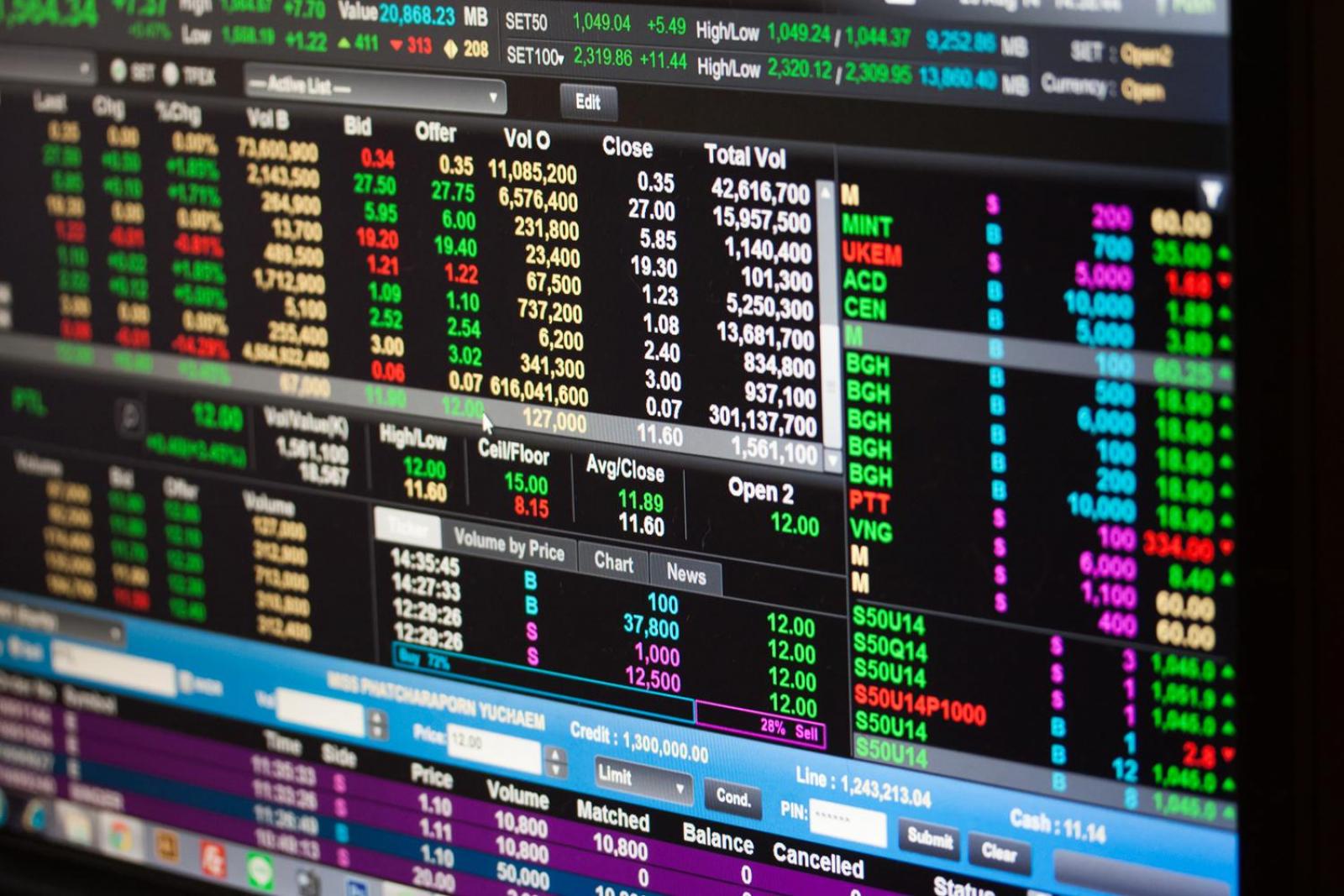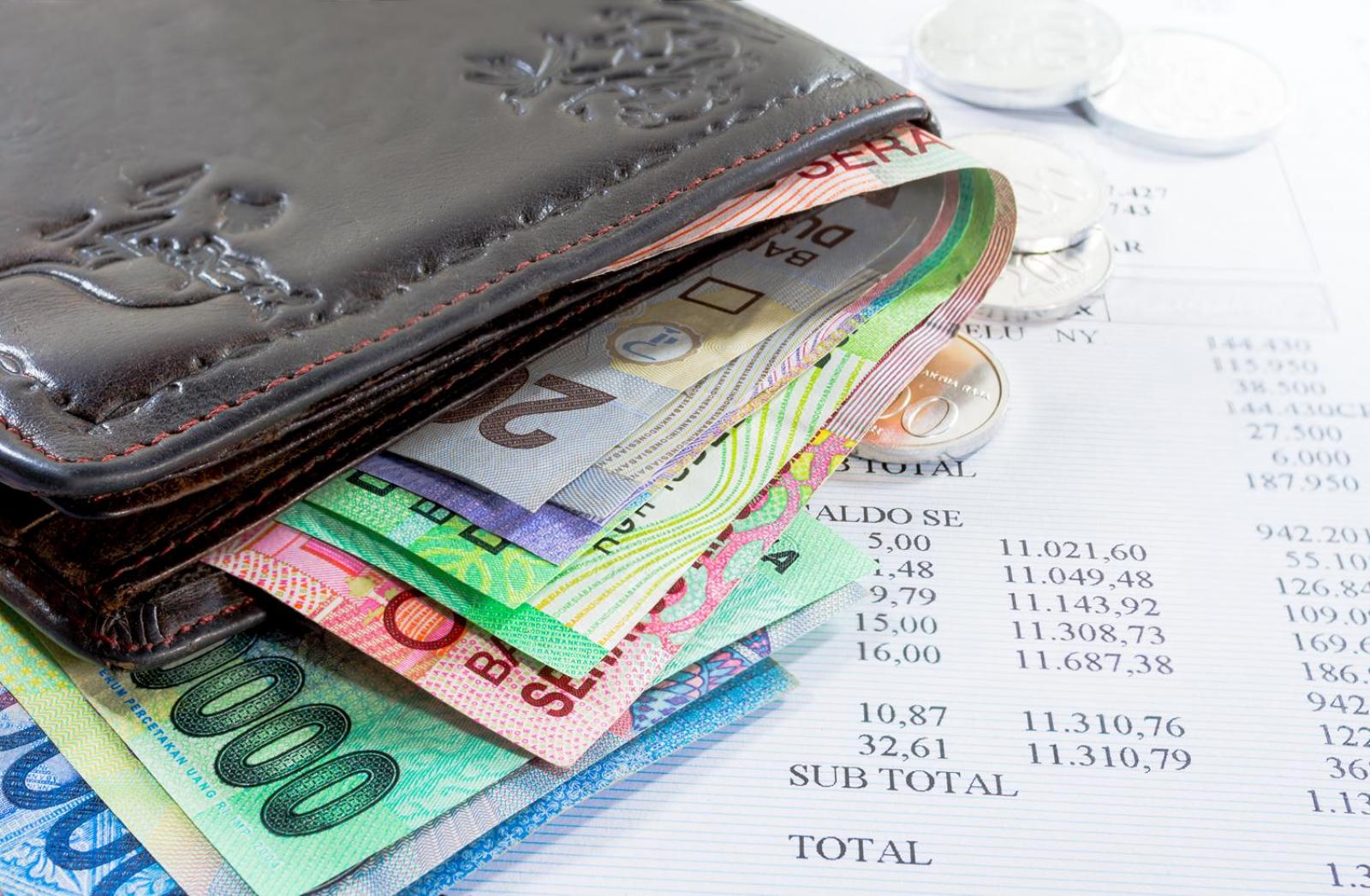
The British pound weakened against other major currencies in the European session on Friday, after the release of upbeat U.K. monthly factory data and an expected GDP growth in August.
Data from the Office for National Statistics showed that the U.K. industrial output rebounded 0.5 percent, following a revised fall of 0.7 percent in the previous month and also came in better than forecast of 0.2 percent increase.
The growth was underpinned by the 1.1 percent increase in manufacturing output. Output was forecast to grow 0.3 percent after Julys 1.2 percent decrease.
Moreover, construction output climbed 0.4 percent, offsetting the 0.4 percent fall in July.
Data showed that the annual fall in industrial production slowed to 1.6 percent from 2.2 percent and the decline in manufacturing eased to 0.3 percent from 2.0 percent.
The visible trade deficit narrowed to GBP 15.06 billion from GBP 18.87 billion in the previous month. At the same time, the surplus on trade in services decreased to GBP 14.1 billion from GBP 14.2 billion a month ago.
At the same time, data showed the U.K. economy returned to growth in August, but the pace of expansion was weaker than in the first half of the year.
The real economy grew 0.2 percent in August after showing nil growth in July and June, the Office for National Statistics said. The rate came in line with expectations.
In the three months to August, real GDP advanced 0.2 percent compared to the three months to May and gained 0.8 percent from the same period last year.
U.K. Chancellor Rachel Reeves said it is welcome news that growth has returned to the economy.
The Bank of England (BoE) has two policy meetings left this year, and traders anticipate that at least one of them will see an interest rate reduction.
In the European trading today, the pound rose to 1.3082 against the U.S. dollar and 0.8369 against the euro, from early lows of 1.3041 and 0.8385, respectively. The pound may test resistance near 1.33 against the greenback and 0.82 against the euro.
Against the Swiss franc and the yen, the pound edged up to 1.1206 and 194.58 from early lows of 1.1181 and 193.87, respectively. If the pound extends its downtrend, it is likely to find support around 1.13 against the franc and 197.00 against the yen.
Looking ahead, Canada jobs data for September, U.S. PPI for September, U.S. University of Michigans consumer sentiment for October, U.S. WASDE report and U.S. weekly Baker Hughes oil rig count data are slated for release in the New York session.





